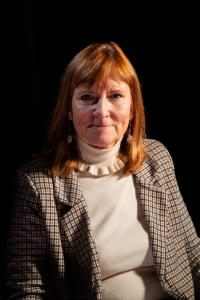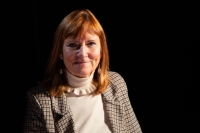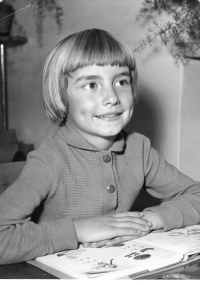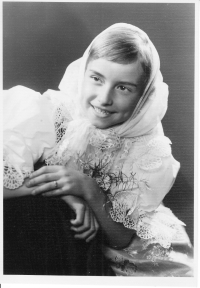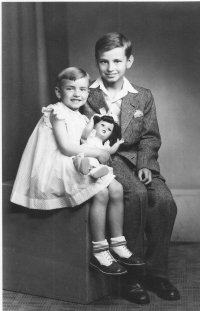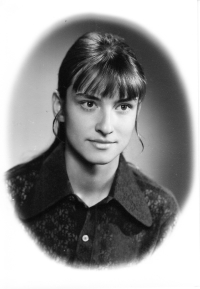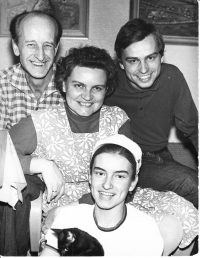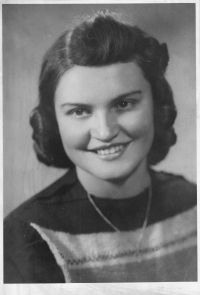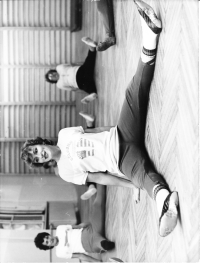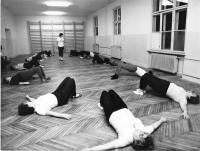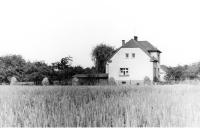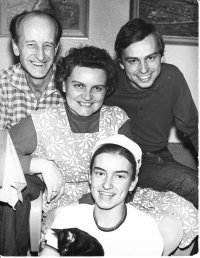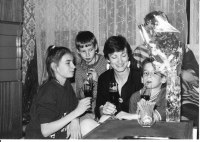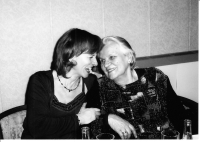One should never give up that there is always some chance that it can be better
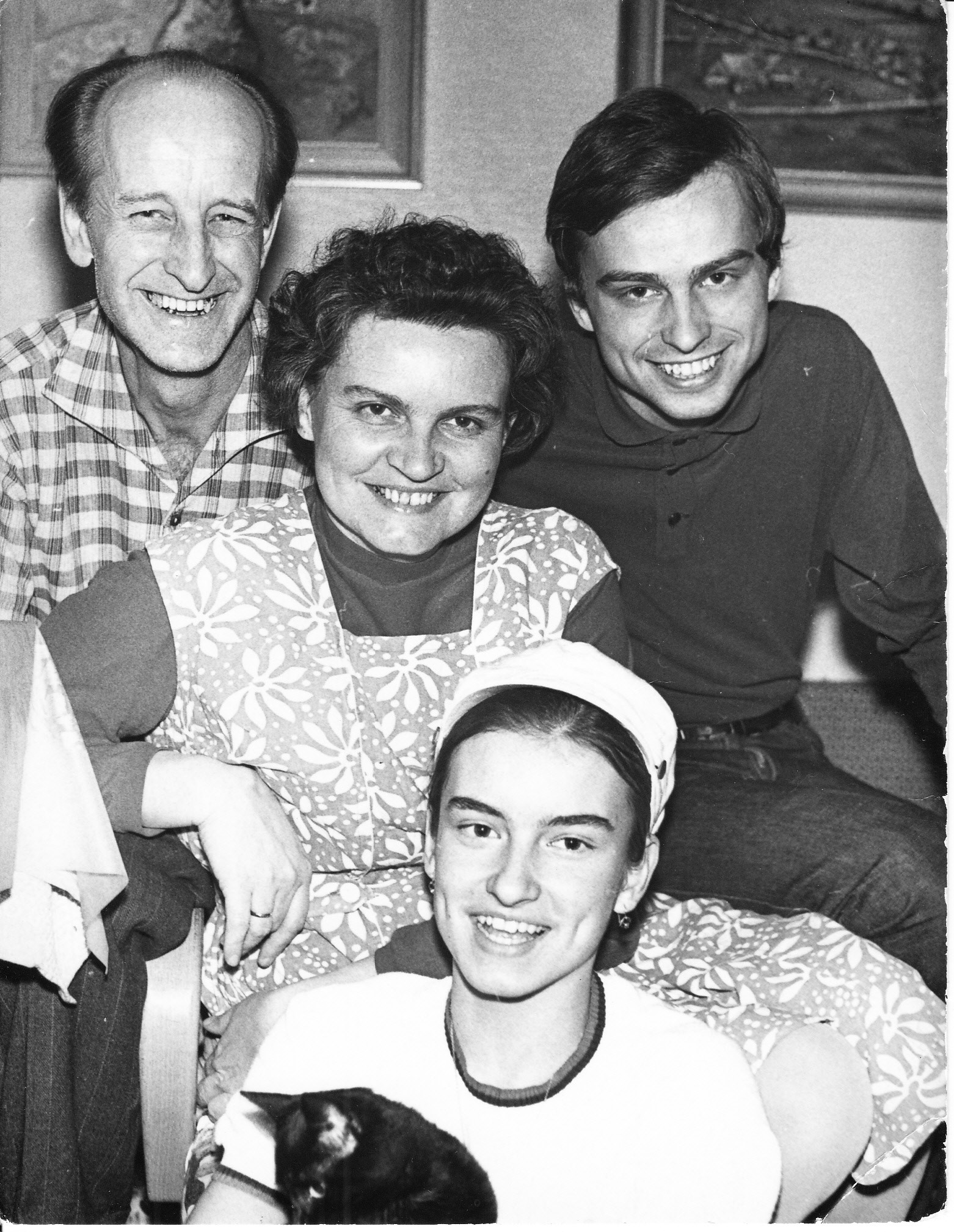
Download image
Marie Jesenáková was born on April 26, 1954 in Rožňov pod Radhoštem in Moravia. She spent her childhood and youth with her parents and brother in Rožňov or during the holidays with her grandparents in Ostrava. She graduated from primary and secondary school in the 1960s. She always liked children, that’s why she joined a pioneering organization where she took care of the younger generations. She wanted to continue studying at university and study pedagogy, but the witnesses father was considered politically unreliable. After 1968, he was expelled from the Communist Party of Czechoslovakia because he disagreed with the entry of Warsaw Pact troops. Marie decided on additional studies focused on health rehabilitation in Olomouc, which she completed between 1973 and 1975. In 1978, she met her husband of Slovak origin and moved with him to Bratislava, Slovakia, the same year. For the first few years, she devoted herself to raising three children, and in 1983 she returned to work and took a job at the Institute of Cardiovascular Diseases on Partizánská Street in Bratislava. The Velvet revolution welcomed with her family actively in the squares, and she also participated in the “Ahoj, Európa!” walk, which took place from Bratislava to the Austrian village of Heinburg an der Donau on December 10, 1989. TShe had a hard time perceiving the division of Czechoslovakia in 1993. However, in the end she discovered that the separation is not as insurmountable as she feared. Despite the fact that she was born in the Czech part of Czechoslovakia, she lived most of her life in the Slovak part, speaks fluent Slovak and feels like a Czechoslovak.
